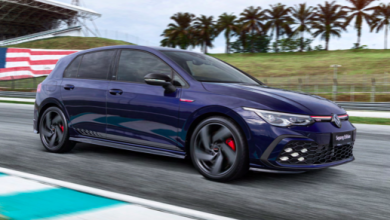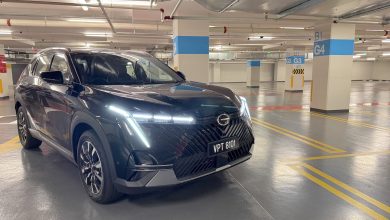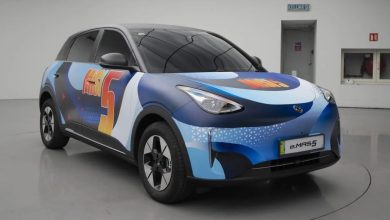Stellantis Buys 20% Stake In Leapmotor For RM 7.6 Billion
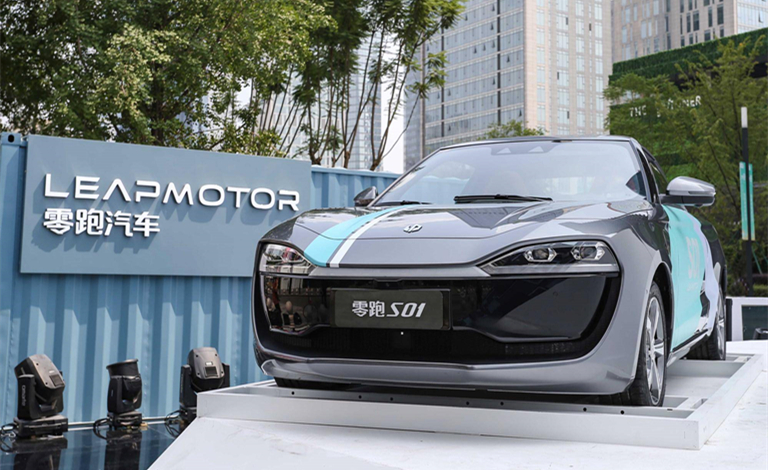
This investment by Stellantis will see it be in charge of Leapmotor sales outside of China.
In what could be construed as a bid to buy its way into China after a series of disappointing joint ventures, Stellantis has recently announced that it plans to invest approximately €1.5 billion (RM 7.6 billion) to acquire an approximately 20% stake in Chinese EV manufacturer Leapmotor.
Though the even bigger news to come out of this deal is the formation of Leapmotor International, a 51/49 Stellantis-led joint venture that will give the global automotive conglomerate the exclusive rights to sell and produce the Chinese EV manufacturer’s cars outside of China. In fact, it has already been confirmed that exports of Leapmotor’s EV products to Europe will commence by the second half of 2024.
From this deal, Stellantis will have two seats on Leapmotor’s Board of Directors and will appoint the CEO of the Leapmotor International joint venture.
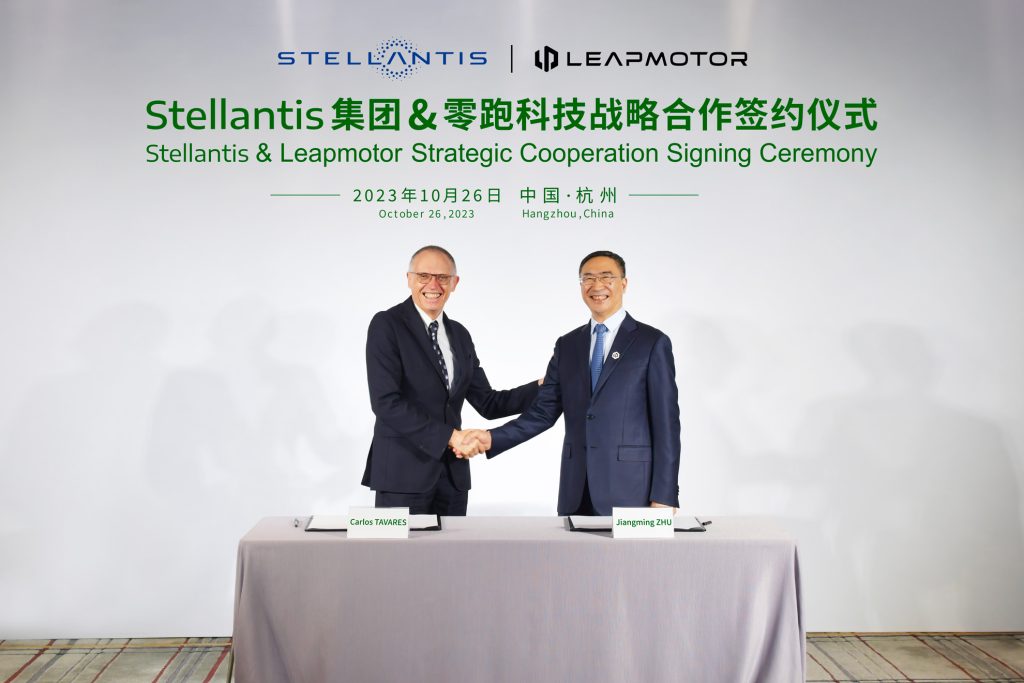
Touted to be an industry-first global EV relationship between a leading automaker and a Chinese pure-play new energy vehicle (NEV) OEM, Leapmotor is currently aiming for this partnership to further boost its local sales in its home market, in addition to significantly accelerating its global expansion plans. Stellantis meanwhile intends to leverage Leapmotor’s innovative and cost-efficient EV technologies and ecosystem in China to help expand its existing all-electric lineup, and hence meet its ambitious 2030 target of EVs accounting for all of its sales in Europe and half in the U.S.
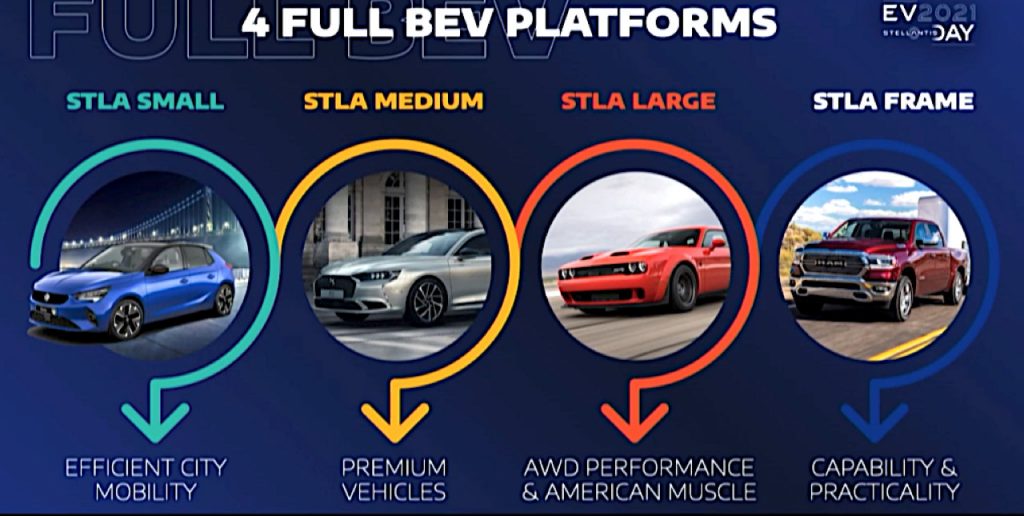
“As consolidation unfolds among the capable electric vehicles start-ups in China, it becomes increasingly apparent that a handful of efficient and agile new generation EV players, like Leapmotor, will come to dominate the mainstream segments in China,” said Stellantis CEO Carlos Tavares of this recent deal.
“We feel it’s the perfect time to take a leading role in supporting the global expansion plans of Leapmotor, one of the most impressive new EV players who has a similar tech-first, entrepreneurial mindset to ours,” he added.
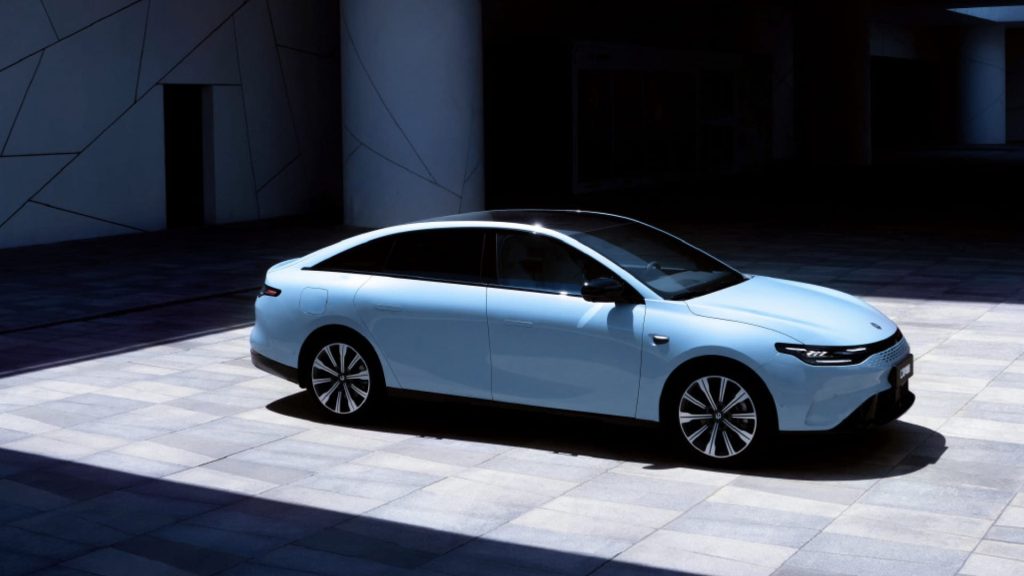
Funnily enough, Tavares has in the past been a vocal critic of lower-cost Chinese imports into Europe. A concern that is incidentally shared by the European Commission, which recently launched an anti-subsidy probe into whether to set tariffs to shield European automakers from Chinese imports.
Tavares however has, after this deal was announced, told reporters this investment into Leapmotor will not make Stellantis a ‘Trojan horse’, and was critical of the EU probe. “We like competition. To start a probe is not the best way to tackle those questions,” he said.
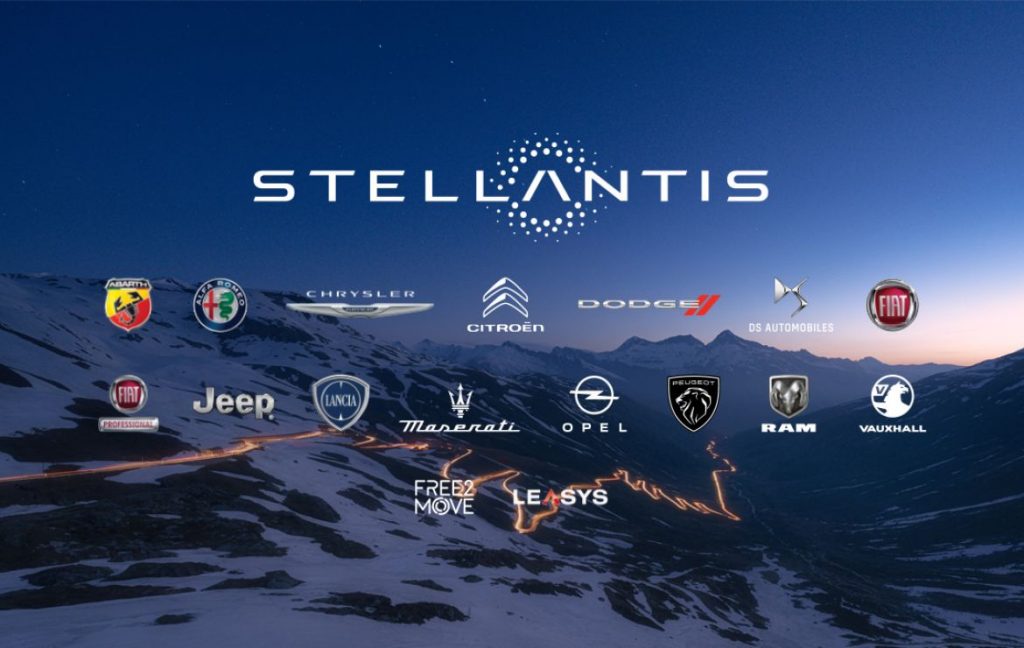
Leapmotor was founded in 2015 by Zhu Jiangming, a veteran electronics engineer who co-founded surveillance giant Dahua. Focused primarily on the mid-to-high end sector, the EV manufacturer is currently ranked 9th in terms of NEV sales in its home market.
The company’s deliveries recently hit an all-time high of 15,800 units in September, with year-to-date production currently totalling 88,827 vehicles. In the next three years, Leapmotor’s product plan is expected to cover the full range of A- to-E segments, based on one technical architecture with three highly scalable platforms with BEV and Range Extender EV powertrains.
Despite the promising sales figures however, Leapmotor has been among the scores of Chinese EV manufacturers to be hit by the slowing economic growth and ongoing price war in its local market. Listed in Hong Kong, the Hangzhou-based automaker previously posted a net loss of RMB 5.1 billion (RM 3.4 billion) in 2022, and is forecast to lose about RMB 4.5 billion (RM 2.95 billion) this year. The company said last month it needed at least a five-fold increase in sales to survive in a consolidating EV industry.
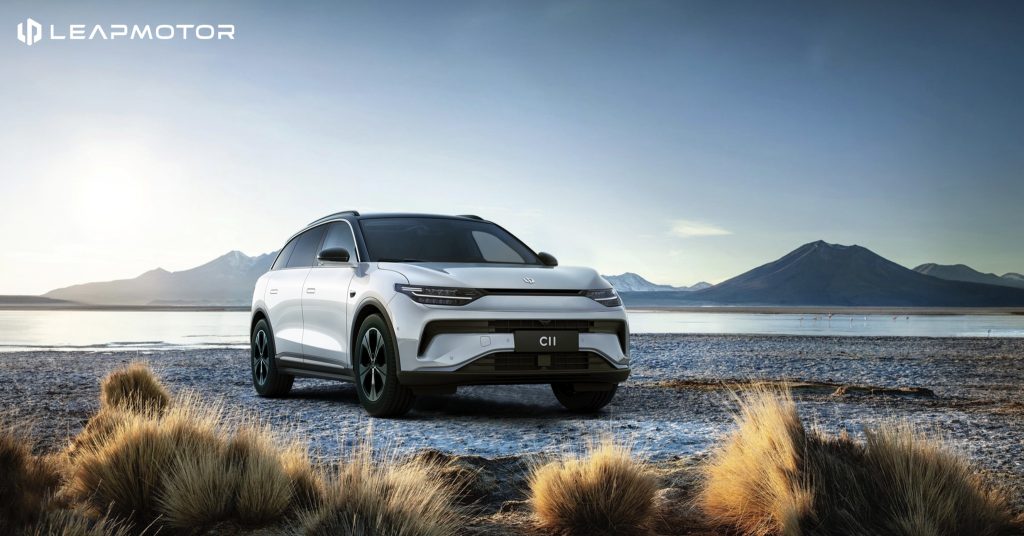
The recent partnership between Stellantis and Leapmotor follows a deal in July which saw Volkswagen invest $700 million in Chinese EV start-up Xpeng for a 5 per cent stake. The two companies currently plan to roll out two VW-badged midsize electric cars in 2026 in China.
Global car marques like General Motors to Volkswagen used to dominate the Chinese market, as the country’s own automakers benefited from their superior brand awareness and technology via joint ventures. But the tables have turned in recent years as the Chinese automakers’ head start in EV development has put them ahead of in new electrified era, with major international players now keen to team up with the Chinese EV companies instead to strengthen their own EV R&D and manufacturing capabilities.

